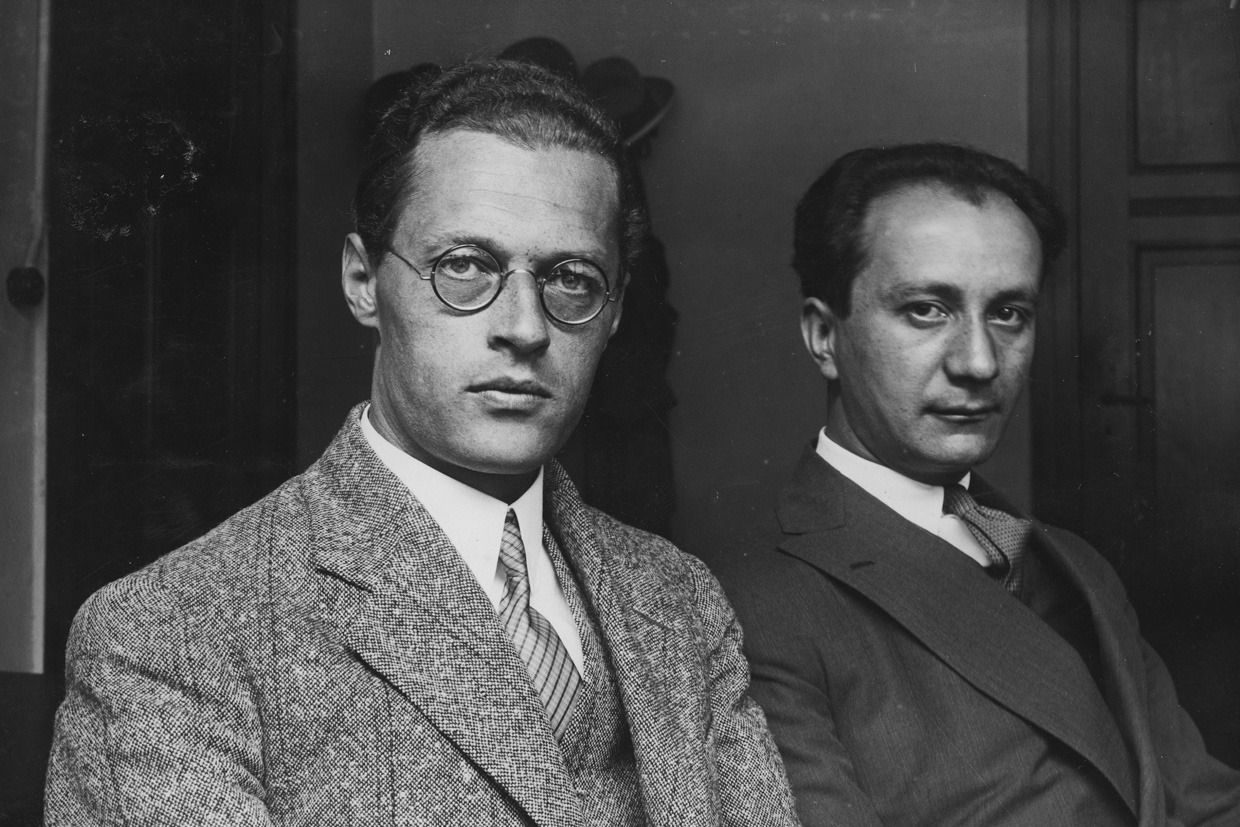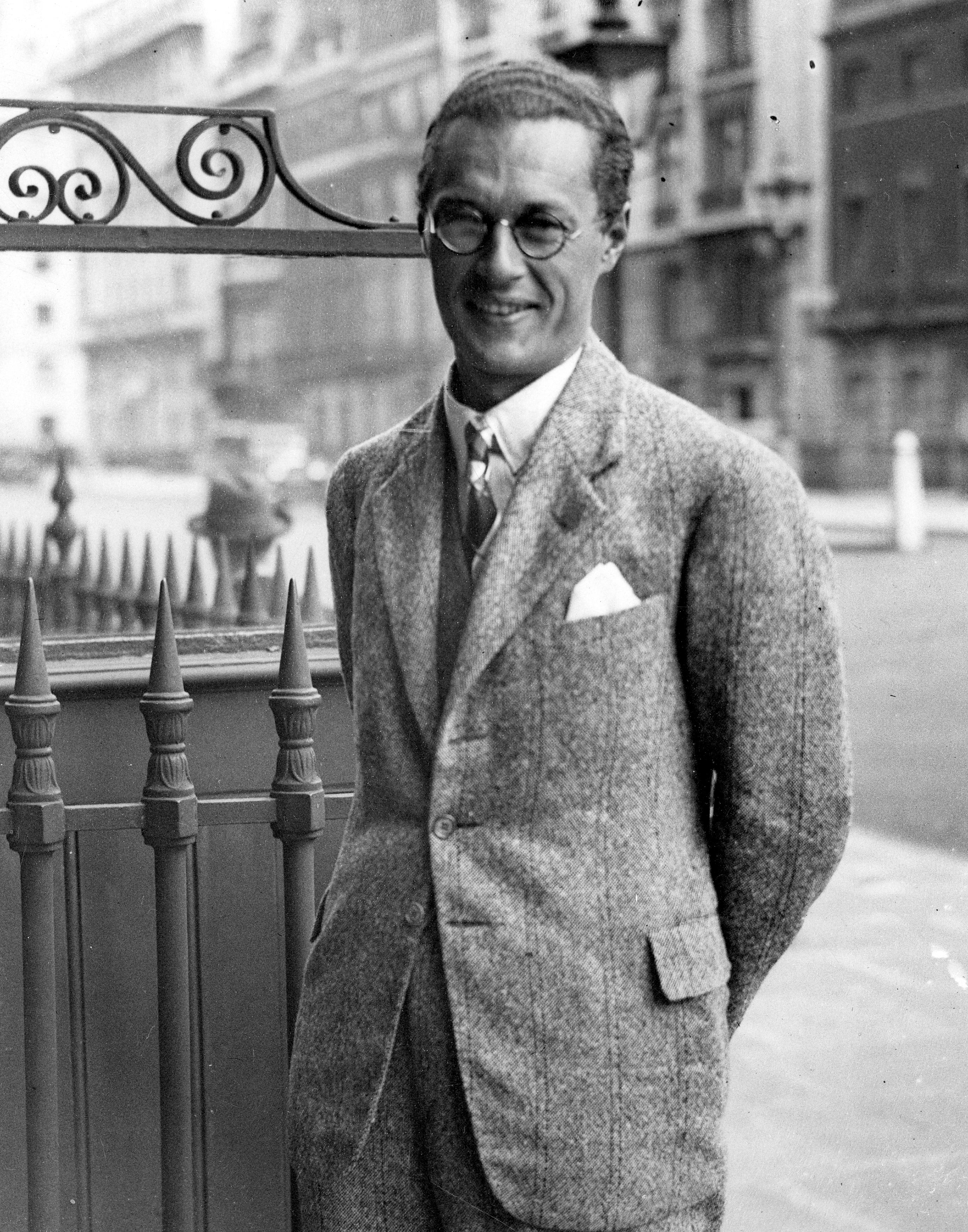‘In sport, joy and risk converge, inspiration meets calculation, and passion is tempered by discipline. Sport, like poetry, teaches us how to rise above life’s mediocrity.’
In an era marked by upheaval, when borders were redrawn and national identities forged in the crucible of conflict, Kazimierz Wierzyński emerged as a singular figure—both a poet and a conspirator, a chronicler of sport and a champion of the human spirit. His life, spanning the twilight of the Austro-Hungarian Empire to the throes of the Second World War and the Cold War, offers a lens through which to explore the intersections of art, politics, and cultural identity. Through his words and actions, Wierzyński embodied the resilience of a nation and the enduring vitality of human creativity.
The Birth of a Poet in a Factured World
Born in 1894 in Drohobycz, a multicultural town in Galicia, Wierzyński grew up at the crossroads of Polish, Ukrainian, and Jewish influences. His early years were steeped in the rhythms of provincial life and the railways his father worked on—symbols of movement, possibility, and longing that would later echo in his poetry. His youth coincided with the rise of Polish national consciousness, and by the time he graduated from high school in Stryj in 1912, he was already involved in the Drużyny Sokole (Sokol Teams), a paramilitary organization that fostered patriotism and physical fitness. The duality of physical vigor and intellectual pursuit, a hallmark of Wierzyński’s life, was evident even then.
War, Captivity, and the Seeds of Resistance
The outbreak of the First World War interrupted his studies at Kraków’s Jagiellonian University, where he had been immersed in literature, philosophy, and Slavic studies. Enlisting in the Polish Legion, Wierzyński’s early enthusiasm for the cause of independence soon collided with the brutal realities of war. Captured by Russian forces and interned in a camp in Ryazan, he turned to literature for solace, immersing himself in the works of Russian symbolist Alexander Blok. These formative years, marked by captivity and eventual escape, sharpened his understanding of resilience, a theme that would resonate throughout his life and poetry.
After fleeing the camp in 1918, Wierzyński joined the clandestine Polska Organizacja Wojskowa (Polish Military Organization) in Kiev, participating in the underground struggle for Poland’s independence. By the time he returned to Warsaw later that year, he was poised to contribute not only to Poland’s political rebirth but also to its cultural renaissance. Immersing himself in the vibrant artistic scene of the capital, he co-founded the Skamander group, alongside luminaries such as Julian Tuwim and Jarosław Iwaszkiewicz. This collective revolutionized Polish poetry, embracing modernity, humour, and an unapologetic celebration of life.
Poetry of Rebirth
Wierzyński’s debut collection, Spring and Wine (1919), epitomized the ethos of this new wave of poetry. Infused with youthful exuberance and a love for the quotidian, the collection resonated with a nation newly liberated yet still haunted by war. The poet’s voice, both irreverent and profound, symbolized a generation’s defiance of despair. Yet, as the years progressed, Wierzyński’s work took on more somber tones. In collections like The Great Bear (1923) and Tragic Freedom (1936), he grappled with the complexities of human existence, blending lyrical beauty with philosophical depth.
From the Pitch to the Page
Parallel to his literary achievements, Wierzyński was an outspoken advocate for sport. His fascination with athletics was personal—he played football for Pogoń Stryj—and philosophical. For him, sport was not merely physical but a metaphor for human aspiration. This conviction found its fullest expression in The Olympic Laurel (1927), a collection of poems celebrating athletes as modern demigods. Awarded the gold medal for literature at the 1928 Amsterdam Olympics, the collection broke new ground, merging classical themes with contemporary athleticism. Wierzyński’s vivid portrayals of figures like Finnish runner Paavo Nurmi, whose stoic determination captivated the world, elevated sport to the realm of art and philosophy.
His enthusiasm for sport extended beyond poetry. As editor-in-chief of Przegląd Sportowy, Poland’s premier sports journal, Wierzyński revolutionized sports journalism, bringing literary flair and intellectual rigor to a field often dismissed as trivial. Under his leadership, the journal became a cultural force, advocating for the significance of sport in shaping national identity. His innovations included the creation of the Tour de Pologne cycling race and the annual Best Polish Athlete awards—traditions that endure to this day.
Exile and the Poetry of Loss
Yet, Wierzyński’s life was not confined to the arenas of literature and sport. The outbreak of the Second World War forced him into exile, a period that tested his resolve and redefined his role as a poet. Fleeing first to France, then to the United States, he became a voice for a Poland in chains. His wartime poetry, including Crosses and Swords (1946), bore witness to the horrors of occupation and the sacrifices of resistance fighters. Exile deepened his sense of loss but also broadened his perspective, allowing him to connect Poland’s struggles with universal questions of freedom and human dignity.
In his later years, Wierzyński’s poetry shifted toward introspection. Collections like The Texture of the Earth (1960) abandoned formal constraints, embracing a conversational tone that reflected both the wisdom and weariness of exile. These poems, tinged with irony and stoicism, captured the contradictions of a life lived between nations, between optimism and sorrow.
Legacy of a Poet of Action
Kazimierz Wierzyński died in 1969 in London, leaving behind a body of work that is as diverse as it is profound. From his youthful celebrations of life in Spring and Wine to his meditations on exile and loss, his poetry captures the full spectrum of human experience. His dedication to sport and its moral dimensions, encapsulated in The Olympic Laurel, remains a unique contribution to world literature.
Wierzyński’s life defies simple categorization. He was a poet and conspirator, a journalist and editor, an athlete and philosopher. In his writing and actions, he exemplified the idea that art and life are inseparable, that both require courage, discipline, and imagination.
Through his words, Kazimierz Wierzyński continues to inspire, reminding us that the human spirit—whether expressed through poetry, sport, or acts of resistance—is boundless in its capacity for resilience and renewal. His legacy invites us to reflect not only on what it means to live but on how to live with purpose, passion, and an unyielding commitment to the extraordinary.
References:
Dudek, J., Kazimierz Wierzyński (1894–1969) po latach, Kraków 2016.
Dudek, J., Poeci polscy XX wieku, Kraków 1997.
Kądziela, P., Wspomnienia o Kazimierzu Wierzyńskim, Warszawa 2001.
Najder, Z., Węzły pamięci niepodległej Polski, Kraków 2014.
"Precz z teatrem! Niech żyje sport!". Kazimierz Wierzyński, poeta-olimpijczyk (Culture.pl)

